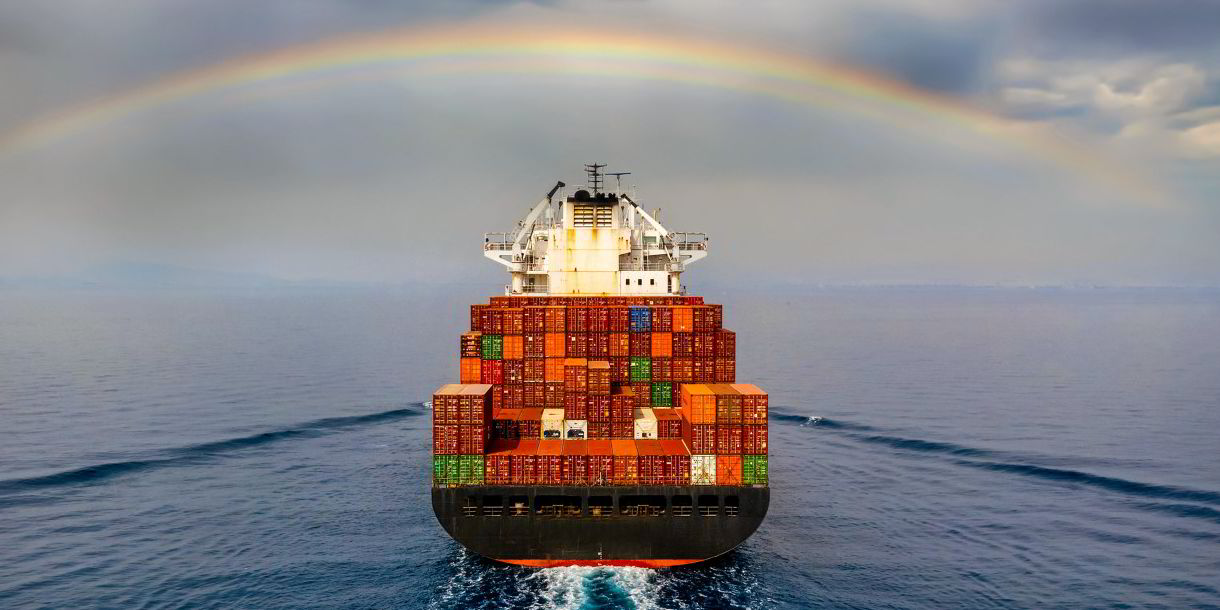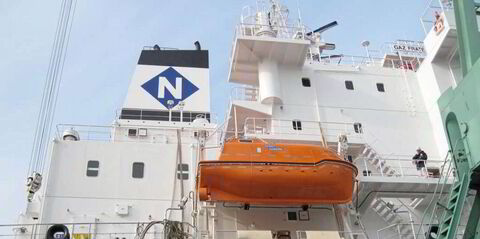Shareholders in Chile’s Compania Sud Americana de Vapores (CSAV) are set for a big payday on the back of the red hot containership market.
The Santiago-based company has agreed to pay an interim dividend of $450m to shareholders — equivalent to about $0.008 per share.
The dividend, which will be funded by bank debt, is due to be paid to shareholders on 20 October 2021, the shipowner said in a regulatory filing.
CSAV’s board of directors have agreed to take out a loan from Banco de Chile, Scotiabank and Itau Corpbanca, to pay the dividend.
CSAV said the loan would be repaid with dividends received from German liner giant Hapag-Lloyd, in which it holds a 30% stake, in 2022.
Pedro Baptista, head of research at London-based Nau Securities, said the dividend implies a 12.5% yield compared with the $170m dividend paid in June 2020.
Hapag-Lloyd investment
"CSAV has achieved positive results in its container transport business through its investment in Hapag-Lloyd, the fifth largest shipping company in the world," said CSAV chief executive Oscar Hasbun.
"This dividend is a recognition to our shareholders, many of whom have been with us for years, supported us in our capital increases and trusted our business strategy."
In early August 2021, Hapag-Lloyd reported a tenfold increase in first half net profit on the back of the exceptionally strong container market.
The Rolf Habben Jansen-led liner operator reported group profit of €2.72bn ($3.3bn), compared with €285m in the first six months of last year.
The company attributed the rise in freight rates to high demand, scarce transport capacities and severe infrastructure bottlenecks.
CSAV saw a near fifteenfold increase in its first half year net profit to $974.2m from the $66.9m seen in the corresponding period in 2020.
The company said its improved performance comes after accrued losses of over $1.7bn during the last decade.
CSAV’s investment in Hapag-Lloyd represents over 85% of the company’s consolidated assets, which is now its main and only business since July 2020 after closing its directly operated services.





